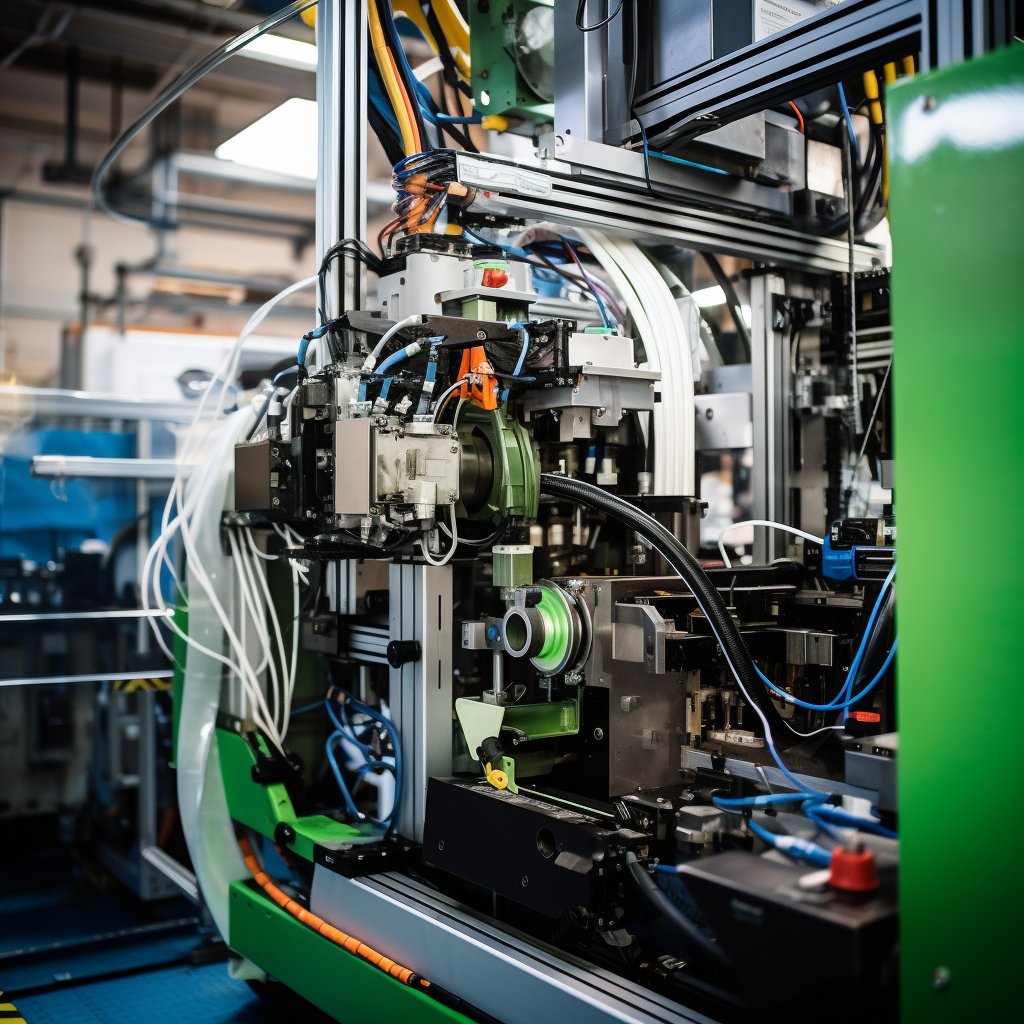How to stop plastic waste from destroying the planet
Plastic is one of the most widely used materials in the world. Its versatility and durability make it ideal for various applications, from consumer goods to agricultural and building materials. However, as the use of plastic has increased, so has the amount of plastic waste produced. The impact of plastic waste on the environment has been widely documented, and communities worldwide are beginning to recognise the importance of reducing waste and promoting sustainability. In response, plastic recycling has become an essential aspect of waste management. It has evolved from a small-scale operation to a global business with complete international reach.

Plastic recycling comes with an unquestionable list of benefits, such as reducing pollution and conserving resources, and benefits to communities, such as job creation, education and awareness. Still, there are some key challenges and limitations of the industry. Plastic recycling has come a long way, but there is still space for innovation.

History of plastic recycling
The history of plastic recycling can be traced back to the early 1970s when the first recycling symbol was introduced. The symbol, three arrows chasing each other in a triangle, was designed to help consumers identify which plastic products were recyclable. However, it was in the 1980s that plastic recycling became more prevalent.
During this time, there was a growing concern about the amount of plastic waste generated. In response, recycling programs were established to collect and recycle plastic waste, reducing the amount of plastic in landfills and the environment.
Industrial usage of recycled plastic
Plastic recycling has become an essential aspect of waste management in many industries. One of the most significant applications of recycled plastic is manufacturing new plastic products. Recycled plastic can produce a wide range of products, including packaging materials, construction materials, automotive parts, and consumer goods.
How plastic recycling is changing multiple industries
Plastic recycling has applications in many areas, including packaging, construction, automotive, and consumer goods. The packaging industry uses recycled plastic to produce bottles, containers, and bags. In the construction industry, recycled plastic makes materials such as decking, roofing, and insulation. In the automotive sector, recycled plastic produces dashboards, bumpers, and trims. In the consumer goods industry, recycled plastic produces toys, furniture, and electronics.
How recycled plastic can get back into the supply chain
Recycled plastic is used in many consumer products. One example is the recycled plastic bottle, which is commonly used for beverages and cleaning products. Another example is the recycled plastic bag, widely used in grocery stores and retail outlets. Recycled plastic is also used to manufacture furniture, clothing, and electronics.
Material properties of recycled plastic:
Recycled plastic has properties similar to virgin plastic, but some differences exist. Recycled plastic may have a slightly different colour or texture and may be less durable than virgin plastic. However, recycled plastic is still an excellent alternative to virgin plastic, as it reduces the amount of plastic waste in landfills and the environment.
The unquestionable benefits of plastic recycling:
The advantages of plastic recycling are numerous. One of the most significant advantages is that it reduces the amount of plastic waste in landfills and the environment. Recycling also conserves energy and resources by reducing the need for virgin plastic production. Additionally, recycled plastic can produce a wide range of products, which helps create a circular economy.
The hidden disadvantages of plastic recycling:
While plastic recycling has many advantages, there are also some disadvantages. One of the most significant disadvantages is the cost of recycling, which can be higher than the cost of producing virgin plastic. Additionally, some types of plastic are more challenging to recycle than others, and more infrastructure and technology are often needed to process plastic waste efficiently.
Market Trends and Global Impact
The market for recycled plastic is multiplying, with an increasing demand for sustainable products and packaging. According to a report by Grand View Research, the global recycled plastics market size was valued at USD 37.5 billion in 2020 and is expected to grow at a compound annual growth rate of 5.6% from 2021 to 2028.
The impact of plastic recycling on the environment is also significant, with recycled plastic helping to reduce greenhouse gas emissions and conserve natural resources. However, there are also challenges to consider, such as the export of plastic waste to developing countries, where it can contribute to pollution and environmental degradation.
How plastic recycling is having a beneficial impact on communities around the world
Developments in the cost of recycling plastic and a change in the global desire to reduce the impact of plastic on the community have seen a significant increase in the number of international communities looking to recycle. This has resulted in several important effects. While there are challenges to overcome, such as the lack of infrastructure and technology, the benefits of plastic recycling can be substantial for communities and the planet as a whole.
- Job Creation: Recycling plastic can create jobs and stimulate economic development in communities. Recycling facilities require workers to collect, sort, and process plastic waste, providing employment opportunities for residents. Additionally, recycled plastic can produce a wide range of products, creating jobs in industries such as manufacturing and construction.
- Environmental Impact: Recycling plastic helps to reduce the amount of plastic waste that ends up in landfills and the environment, reducing pollution and protecting the health of communities. Plastic waste can significantly impact the environment, contributing to air and water pollution and harming wildlife. Recycling plastic helps to mitigate these impacts and create a more sustainable future.
- Education and Awareness: Recycling plastic can also raise awareness about the importance of waste reduction and environmental protection in communities. Education programs can be implemented to teach residents about the benefits of recycling and how to properly dispose of plastic waste. These programs can help to create a culture of sustainability and environmental stewardship.
- Equity and Social Justice: Recycling plastic can also positively impact equity and social justice in communities. Access to recycling facilities and programs can help to address environmental injustices and provide equal opportunities for waste reduction and recycling. Additionally, recycled plastic can produce affordable products, increasing access to sustainable goods for low-income communities.
- International Trade: Recycling plastic can also impact communities through international trade. Plastic waste is often exported to developing countries, where it can contribute to pollution and environmental degradation. However, recycled plastic can be exported to other countries, providing economic opportunities and reducing the demand for virgin plastic production.
We have come a long way, but there is still a place for innovation
The future of plastic recycling looks promising, with advancements in technology and processes that will make recycling more efficient and cost-effective. There is also a growing focus on developing circular economies, where waste is minimised and materials are recycled and reused. Additionally, a growing demand for sustainable products and packaging will drive the demand for recycled plastic.
Plastic recycling has come a long way since its inception, and it is a critical aspect of waste management today. The benefits of plastic recycling are clear, from reducing pollution and conserving resources to creating job opportunities and promoting sustainability. However, the industry faces significant challenges and limitations, including technological constraints and market fluctuations. Despite these challenges, there is hope for plastic recycling, with technological advancements and global initiatives driving the industry towards a more sustainable future. As the world continues to focus on sustainability, the demand for recycled plastic will grow, driving the development of new technologies and processes that will help to create a more circular economy and reduce the impact of plastic waste on the environment.







